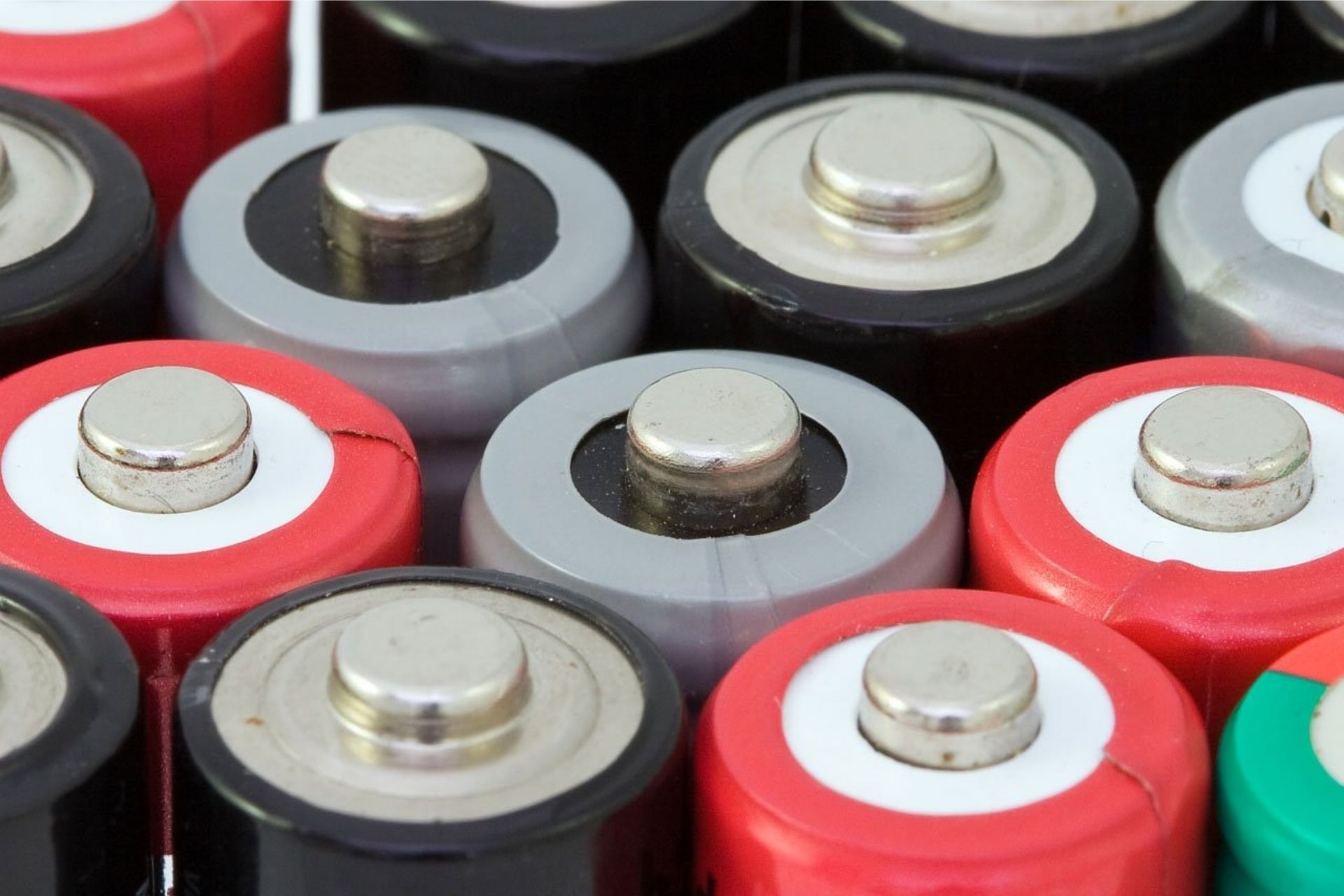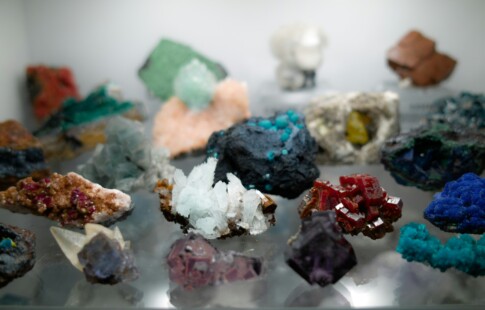
Can Saltwater Batteries Reduce Pollution?
We are reader-supported. When you buy through links on our site, we may earn affiliate commission.
Environmentalists are constantly searching for low-impact energy sources. Most of the global energy supply derives from fossil fuels which release greenhouse gases during combustion. Emissions are one of the leading causes of climate change and create adverse ecological effects.
As more individuals adopt electric vehicles to reduce greenhouse gas emissions, environmentalists assess the sustainability of lithium-ion batteries. The manufacturing process associated with conventional batteries also produces pollution. Ecological engineers and scientists developed saltwater batteries to enhance the power sector’s sustainability.
Why are Lithium-Ion Batteries Bad for the Environment?
Before you explore the ecological benefits of saltwater batteries, it is essential to recognize the challenges they counter. Lithium-ion batteries cause various forms of environmental degradation. The pollution effects begin during the lithium mining phase.
When extraction professionals open mines, they release toxins into the environment. One lithium-ion mine by the Liqi River released contaminants into the water. Environmentalists noticed dead fish rising to the river’s surface.
Locals also witnessed dead yak and cattle floating down the river. Another adverse effect of lithium mining is soil erosion. Lithium derives from a mineral-rich brine that professionals extract from beneath Earth’s surface.
As more water reaches the surface, the local soil becomes drier from water displacement. The soil erosion causes nutrient depletion and a loss of topsoil. Another adverse ecological effect deriving from traditional batteries occurs in landfills.
Individuals are unable to recycle their used batteries in the single stream, blue bin system. The extra steps of transporting lithium-ion batteries to a processing facility lead to landfill disposal. The power sources can cause fires and other adverse effects at waste centers, which saltwater batteries prevent.
What are Saltwater Batteries?
Saltwater batteries differ from conventional versions because they rely on water instead of lithium. The device uses a liquid solution to secure, store and release power. Sodium in the solution conducts electricity internally.
Researchers recently advanced the saltwater battery technology by using zinc-manganese nano-alloys as the anode to prevent internal growth. The material creates an internal metal structure that produces electrons. They travel to the cathode within the battery to create a direct current of power.
Using saltwater instead of lithium effectively reduces surface-level pollution. The advancement increases the recyclability and longevity of batteries.
What are the Ecological Benefits of Saltwater Batteries?
Saltwater batteries contain zero toxins or heavy metals which increase their recyclability. The ease of recycling may cause more waste management professionals to open battery processing facilities. The advancement also improves the sustainability of recycling practices by minimizing toxic pollution.
Individuals can also use saltwater batteries for longer than the lithium-ion versions. Increasing the lifecycle of batteries decreases waste over time. Expanding their longevity also helps consumers save money.
Another benefit of saltwater batteries is their safety. Unlike lithium versions, the batteries are unable to generate fires in landfills. They are also adaptable and support modern technological devices.
What Systems Do They Support?
Society can easily adopt the sustainable power source because it supports most systems. Ecological engineers in England and China are using saltwater batteries to power electric vehicles. The rechargeable technology produces zero tailpipe emissions and eliminates pollution deriving from lithium mining.
Other developers are using the technological advancements to create a non-plug-reliant electric vehicle. One device uses two large tanks of saltwater fluid to power electric cells. The vehicle can travel about 370 miles after filling the tanks.
Individuals can also power smartphones with saltwater batteries to increase the recyclability of electronic devices. As engineers begin using the technology to support cell phone production, they may decrease e-waste. Many facilities ship their used appliances overseas where the government fails to regulate recycling practices.
Some processing professionals melt appliances to extract valuable metals. Exposing electronics to heat releases contaminants into the environment. Many appliances contain lead and mercury that leach into the soil and groundwater.
Toxic pollution can also contaminate local water supplies. When individuals ingest the water, they may experience adverse health effects. After assessing the benefits of saltwater batteries, individuals may question, “Why is society not using this technology?”
Saltwater Batteries Commercialization
Saltwater batteries remain in their infancy and their future on the market is uncertain. Researchers predict a lithium shortage as the electric vehicle industry expands. Individuals can expect to see a boom in saltwater battery production and usage as our access to lithium decreases.
How Can You Access Saltwater Batteries?
There is currently only one company manufacturing the batteries. It recently placed production on hold because of non-technical issues, making the technology difficult to access. While obtaining saltwater batteries remains difficult, energy professionals expect it to become easier in the coming years.
Share on
Like what you read? Join other Environment.co readers!
Get the latest updates on our planet by subscribing to the Environment.co newsletter!
About the author

Jane Marsh
Starting from an early age, Jane Marsh loved all animals and became a budding environmentalist. Now, Jane works as the Editor-in-Chief of Environment.co where she covers topics related to climate policy, renewable energy, the food industry, and more.





